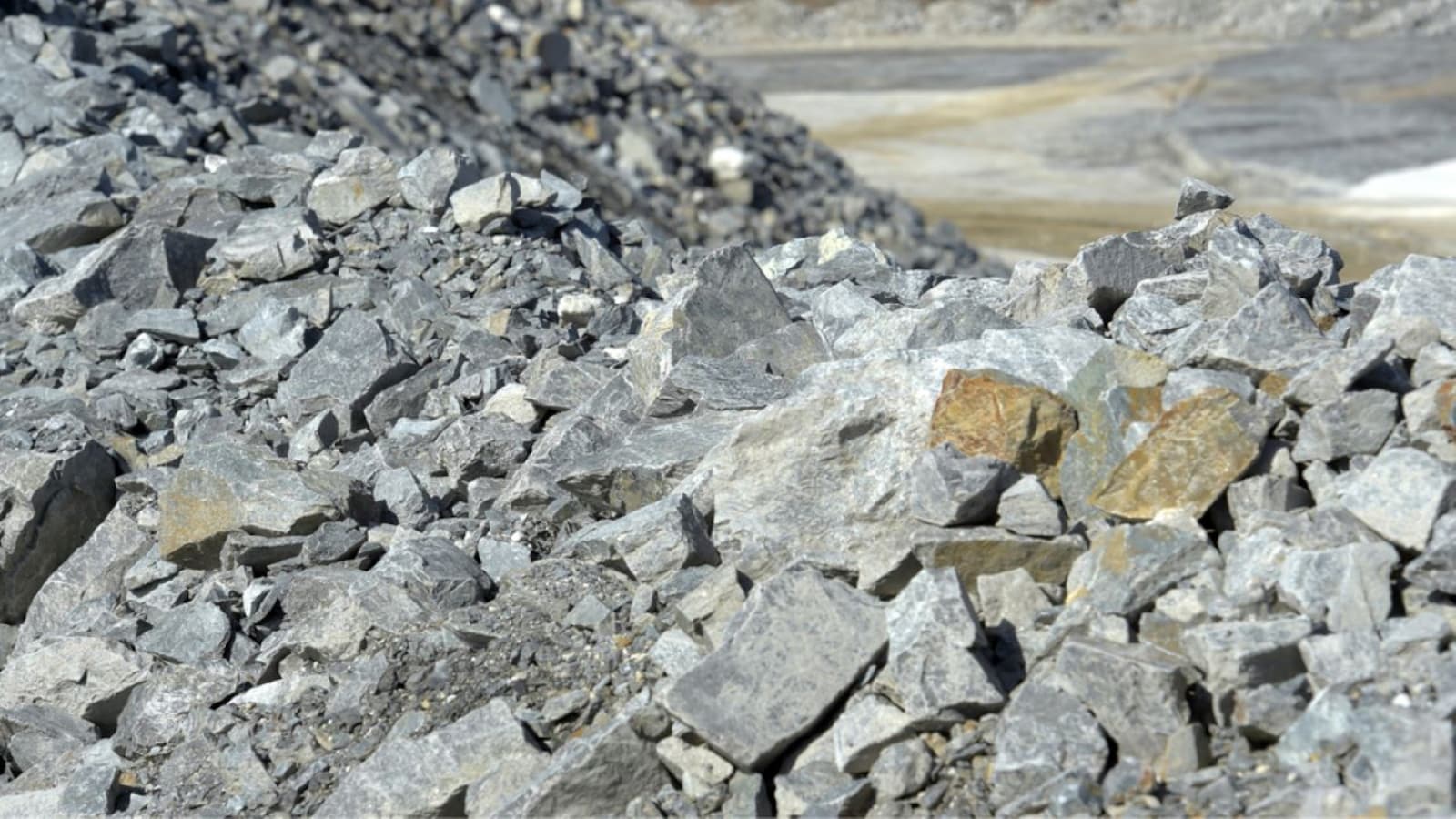Lithium Reserve in Rajasthan’s Degana
India recently discovered lithium reserves in Rajasthan’s Degana (Nagaur), marking another step towards achieving the country’s net zero emissions goal. This is the second lithium reserve to be discovered in India, after the 5.9 million tonnes lithium reserves in were found in the Union Territory of Jammu and Kashmir three months prior.
Lithium, known as “white gold,” has become a highly sought-after metal, especially for the electric vehicle (EV) industry, given India’s ambitious targets of achieving 30 per cent electric vehicle sales of total new vehicle sales and increasing non-fossil energy capacity to 500 GW by 2030.
Discovery of Lithium Reserves in India
The Geological Survey of India (GSI) recently confirmed the discovery of lithium reserves in Rajasthan, though the capacity of the reserve has not been disclosed. The reserve is believed to be even larger than the 5.9 million tonnes of lithium reserves discovered in Jammu & Kashmir. The lithium reserves in Rajasthan are located in the same Renvat hill of Degana and its surrounding area, where Tungsten mineral was once supplied to the country.
Challenges and Opportunities
Lithium mining is known to be a resource devourer and not profitable, which is why the Indian government did not pursue the mining of lithium earlier. However, with the increasing demand for EVs, lithium has become a metal of priority. The discovery of lithium reserves will allow India to become self-sufficient, improve its energy security, and reduce its import bill and trade deficit.
Impact on the Indian EV Industry
India’s annual lithium-ion battery market is expected to grow to 116 GWh by FY2030 from 2.6 GWh in FY2021, with EVs accounting for 90 per cent of the overall market, according to a report by JMK Research and The Institute for Energy Economics and Financial Analysis. However, with China currently dominating lithium mining and processing, India has been dependent on imports from neighbouring countries. The discovery of lithium reserves in India will enable the country to reduce its dependence on foreign countries and control the fluctuating price of lithium. India is well positioned to become the third largest market for EVs in the next four years, making lithium reserves a promising investment for the country’s EV industry.
Month: Current Affairs - May, 2023


